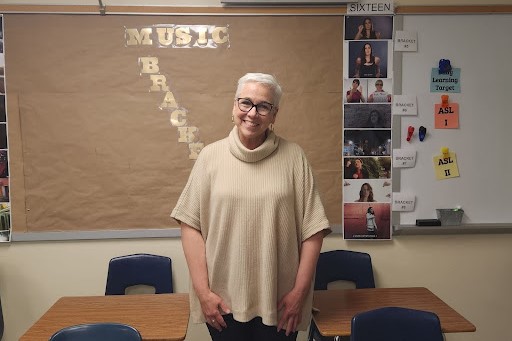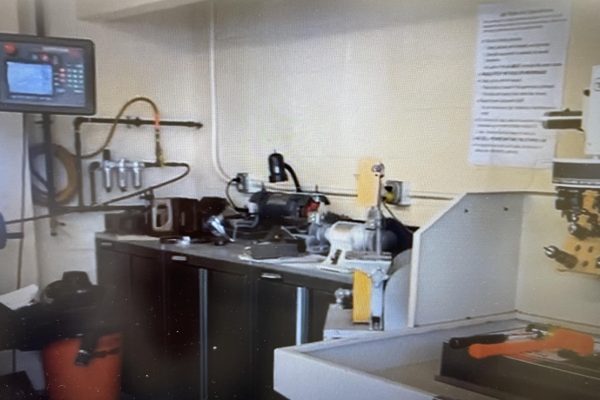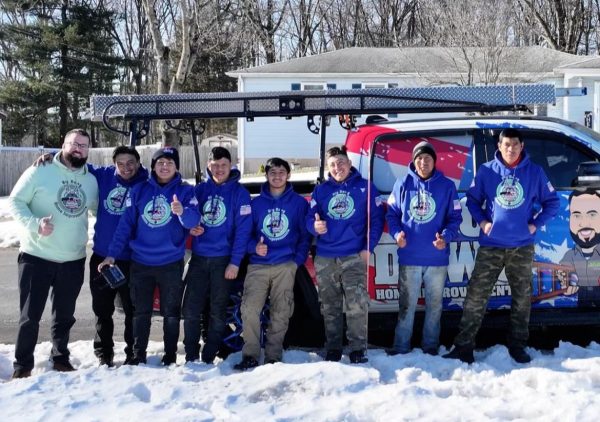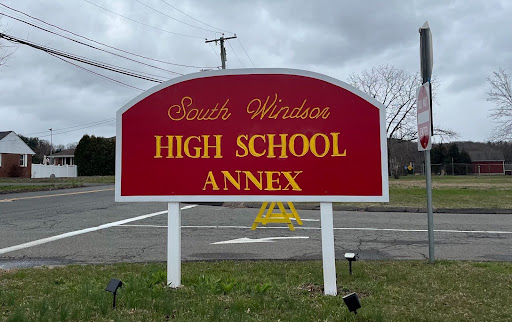Meet Wes and Elijah, the Two New Sesame Street Muppets Discussing Race and Racism
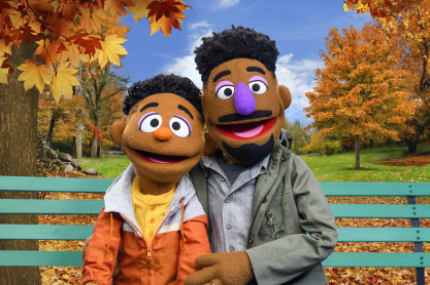
Wes And Elijah
March 30, 2021
As early as six months, a baby’s brain can notice race-based differences. Many parents struggle to talk to their children about race, with only 23% of parents reporting being able to find resources that aid these discussions. Recently, a nonprofit educational organization behind Sesame Street, called Sesame Workshop, launched several new “ABC’s of Racial Literacy” resources to help teach parents and children about race and racism.
Last week, father and son Muppets by the names of Wes and Elijah were introduced in a short YouTube video, with Elmo wanting to know why Wes’s skin is brown. Wes’s father Elijah explains the concept of melanin, saying, “It’s because the more melanin you have, the darker your skin looks. The color of our skin is an important part of who we are, but we should all know that it’s OK that we all look different in so very many ways.”
“At Sesame Workshop, we look at every issue through the lens of a child. Children are not colorblind — not only do they first notice differences in race in infancy, but they also start forming their own sense of identity at a very young age,” Sesame Workshop’s Senior Vice President Dr. Jeanette Betancourt said in a statement.
This is just one new learning resource of Sesame Workshop’s “Coming Together” series, the nonprofit’s commitment to racial justice. Additional resources are being released to support families who want to discuss race and racism with their children, such as a music video to the song “Giant” where the Sesame Street Muppets celebrate their own unique identities. In another video, a character named Rosita experiences a racist incident in the grocery store, and her mother and friend Sofia help her cope and celebrate by speaking in Spanish. Furthermore, other video resources detail real families talking about their experiences and discussing talking points and conversation starters about race for families to use.
“Sesame Workshop has always stood for diversity, inclusion, equity, and kindness,” Kay Wilson Stallings, the executive vice president of creative and production at Sesame Workshop, said in a statement. “As a trusted source for families, we have a responsibility to speak out for racial justice and empower families to have conversations about race and identity with their children at a young age.”
The series is rooted in extensive research and consultation with experts to create a powerful racial justice educational curriculum that is easily understandable for children. The resources are available online for free in English and Spanish, and will soon be distributed through a wide range of national and community providers.
Dr. Jeanette Betancourt states, “By encouraging these much-needed conversations through Coming Together, we can help children build a positive sense of identity and value the identities of others.”




